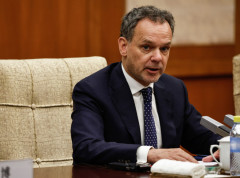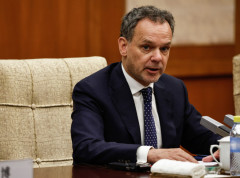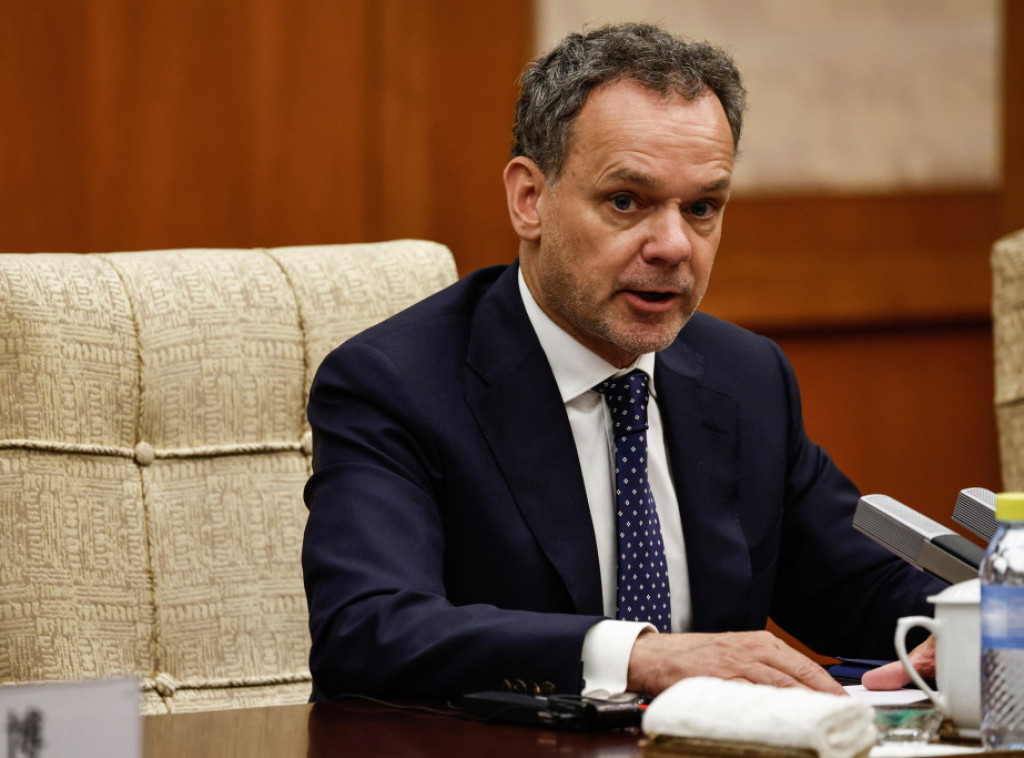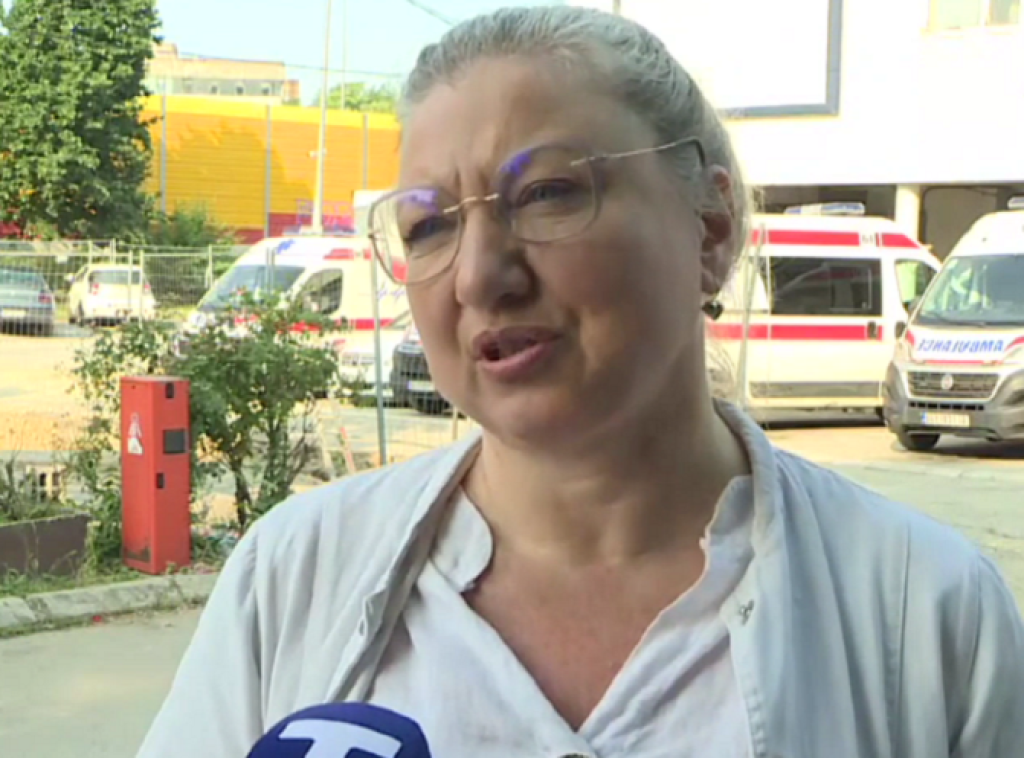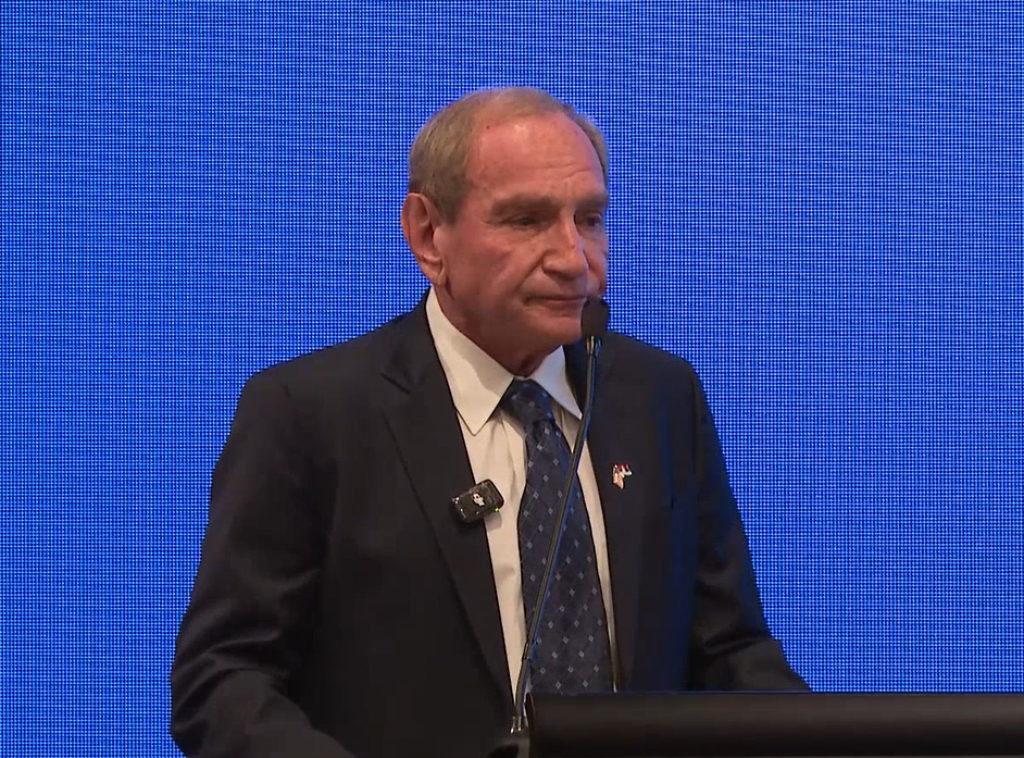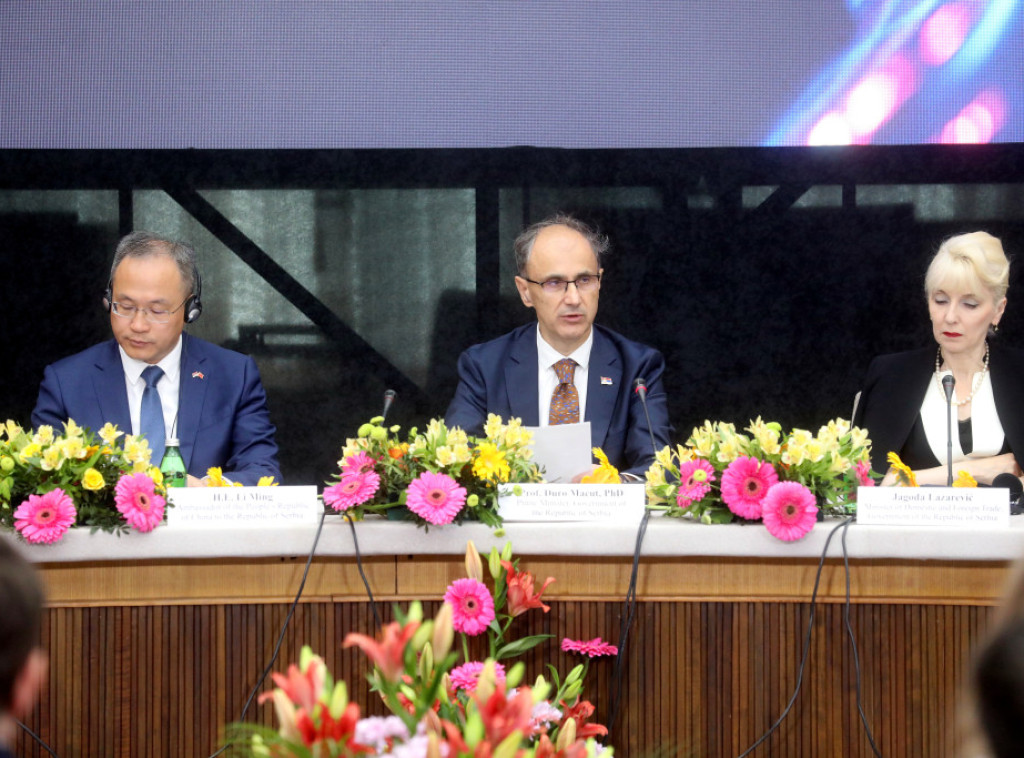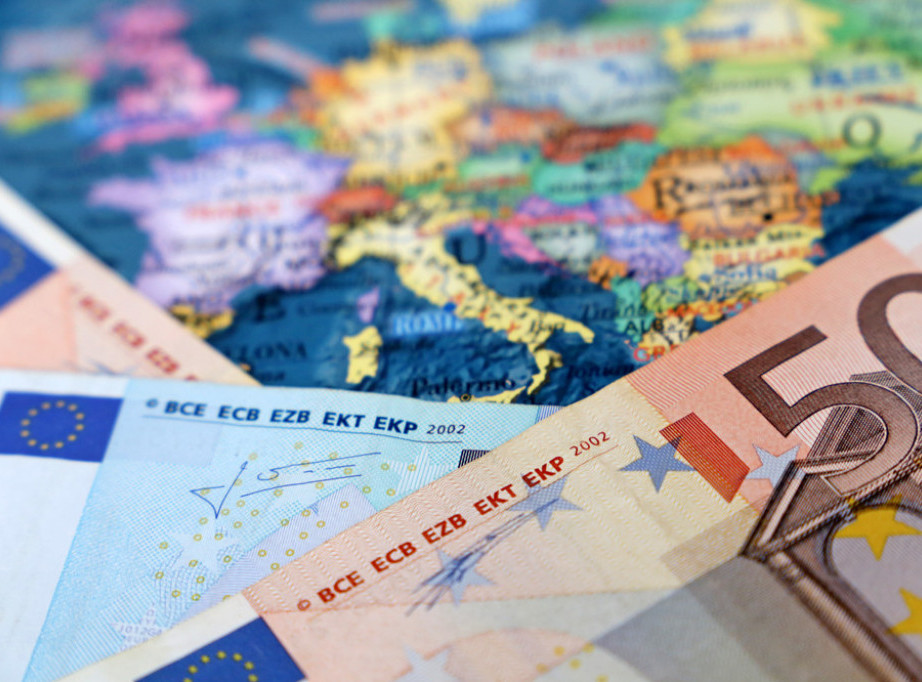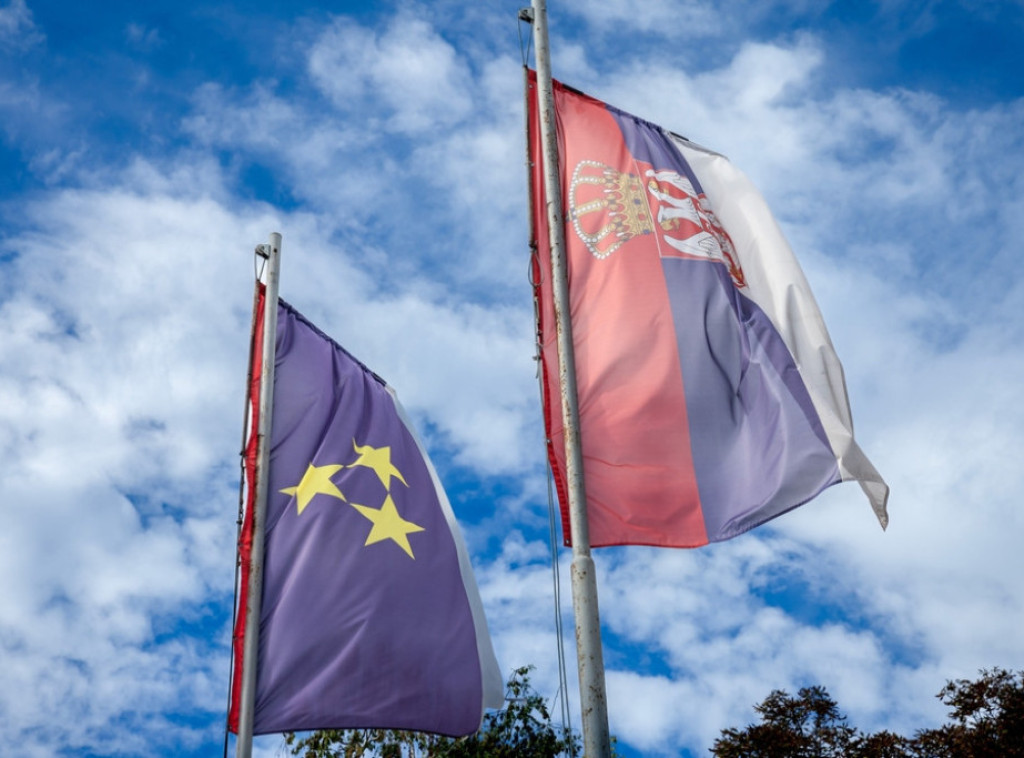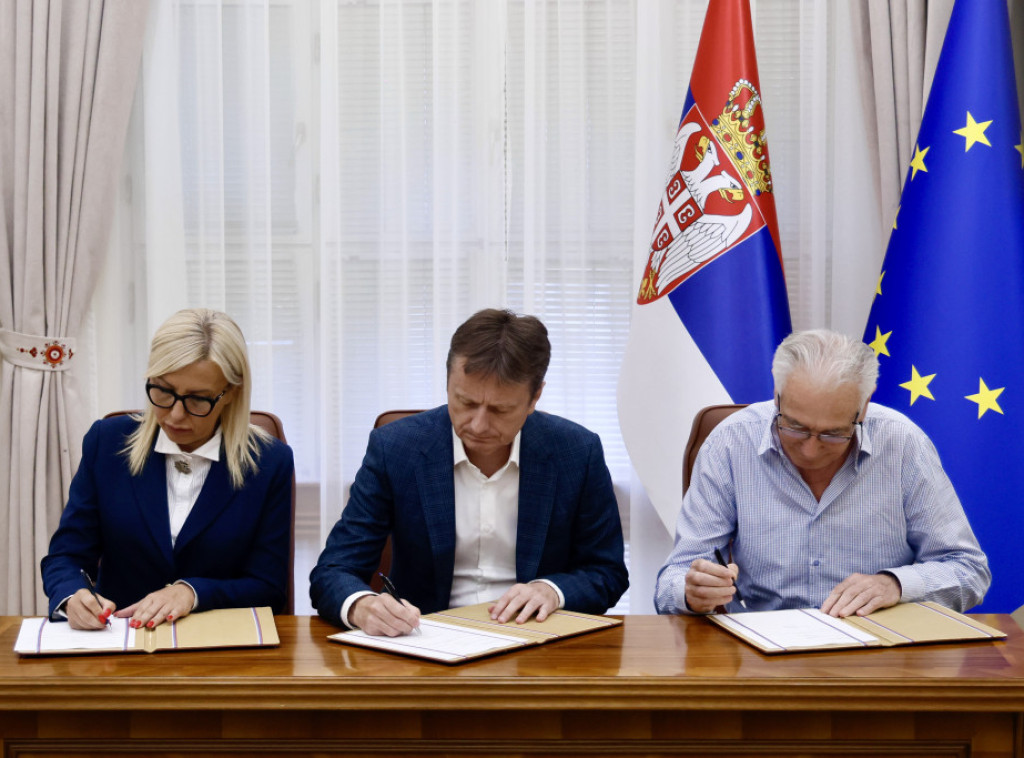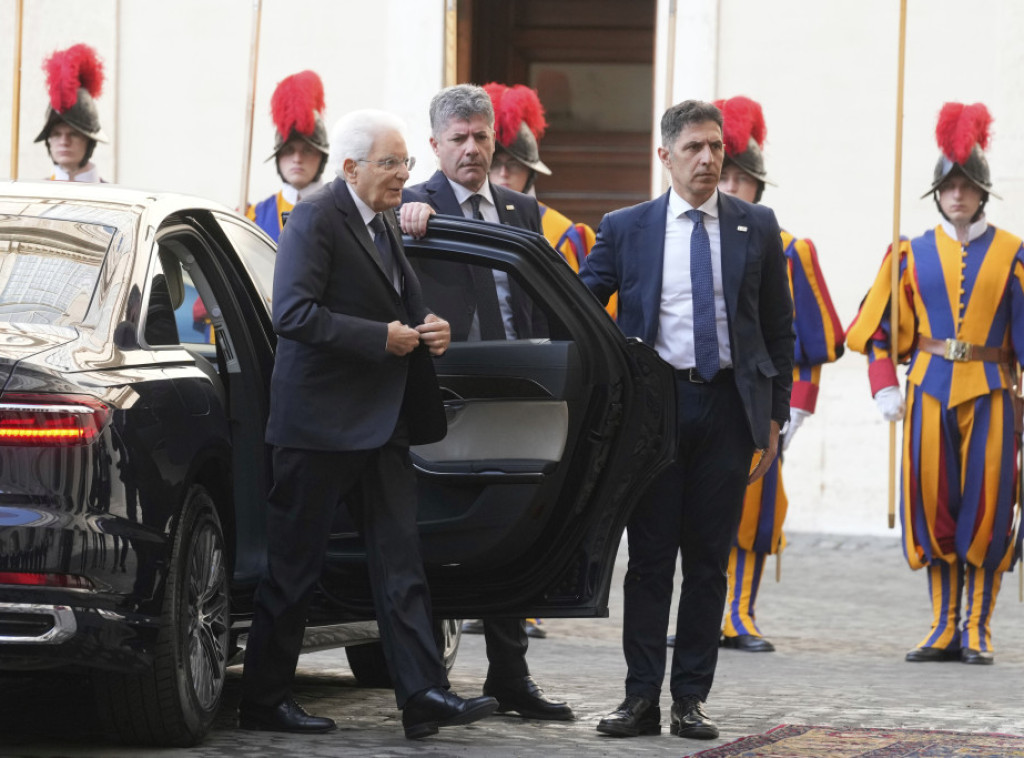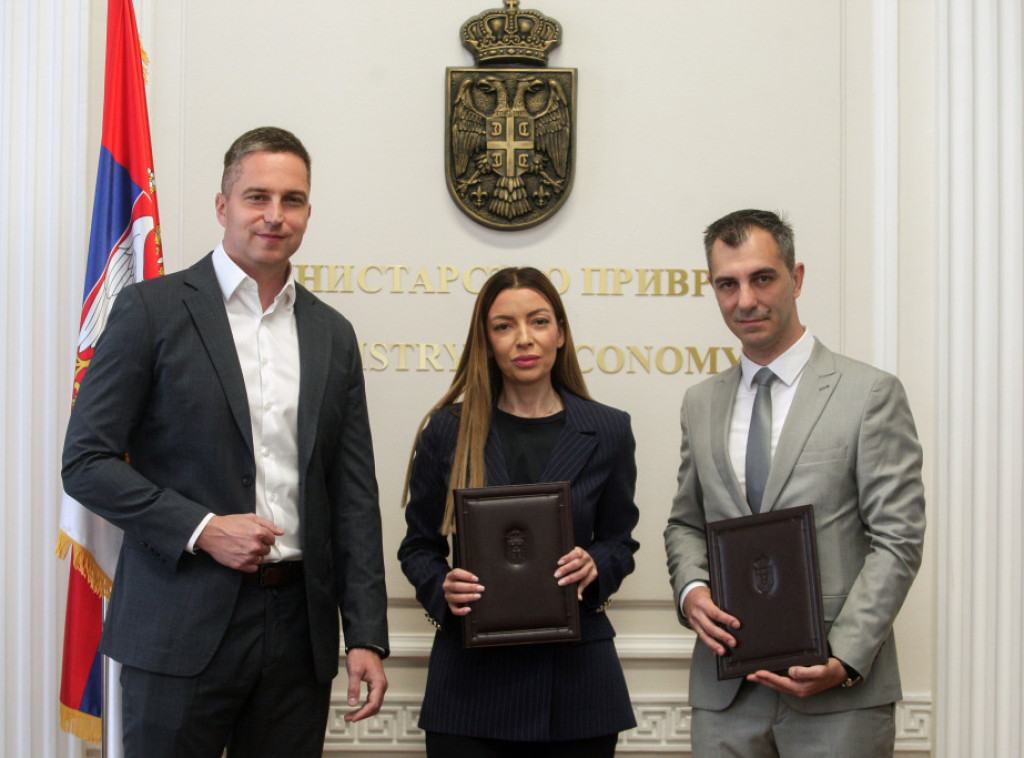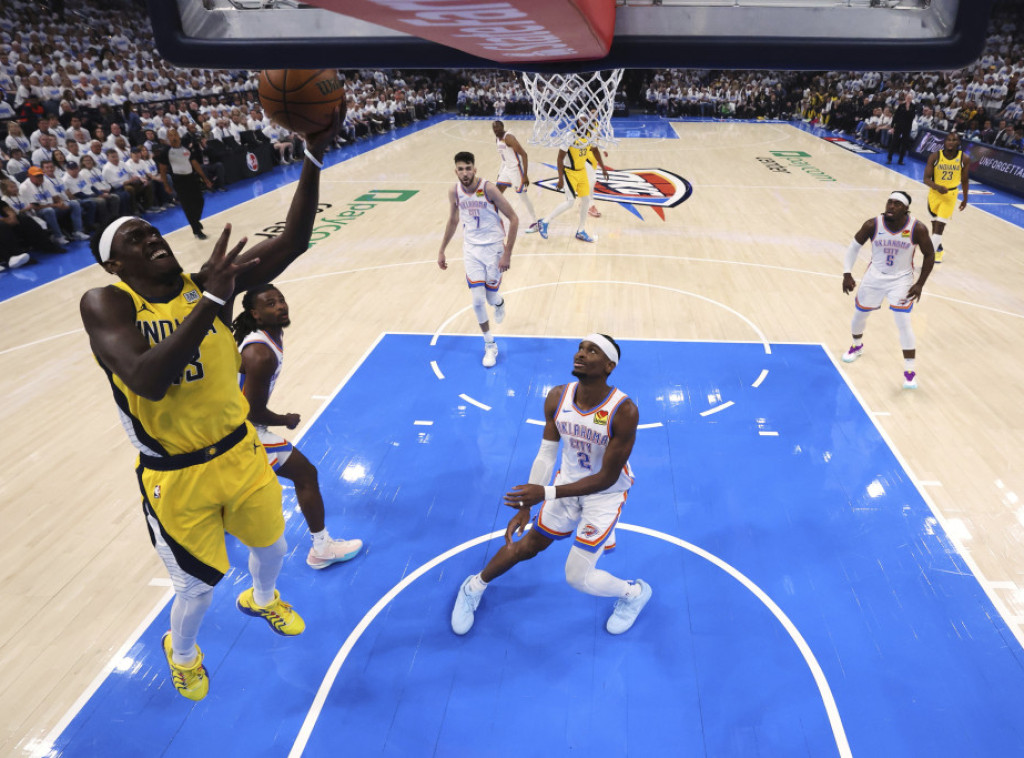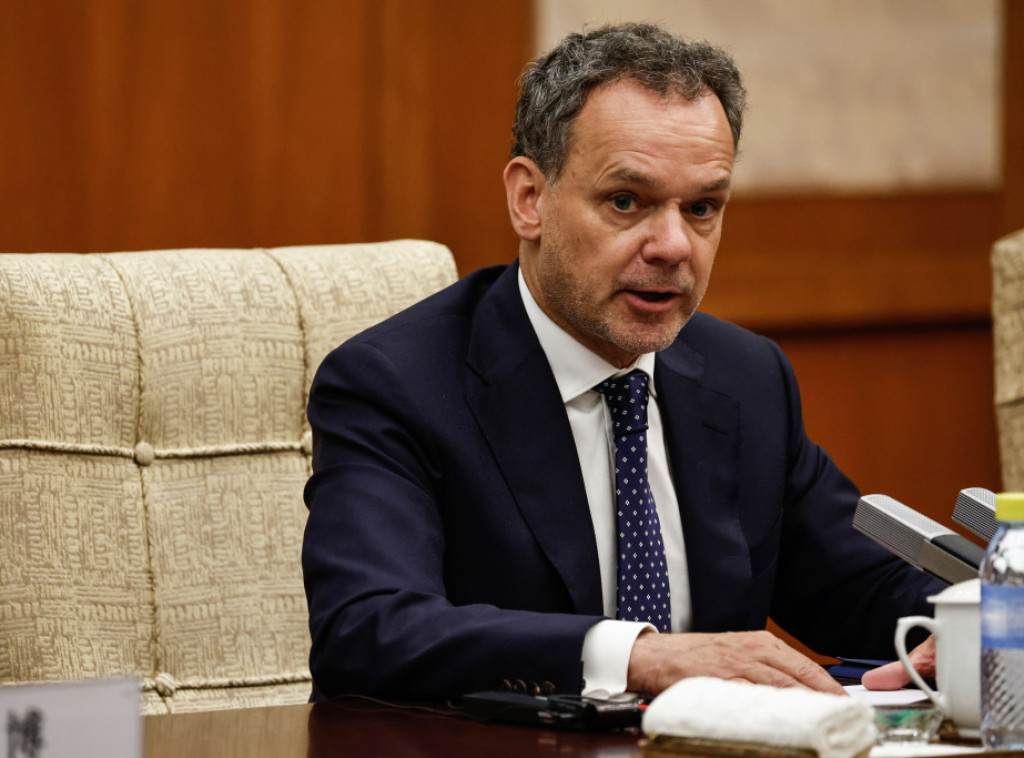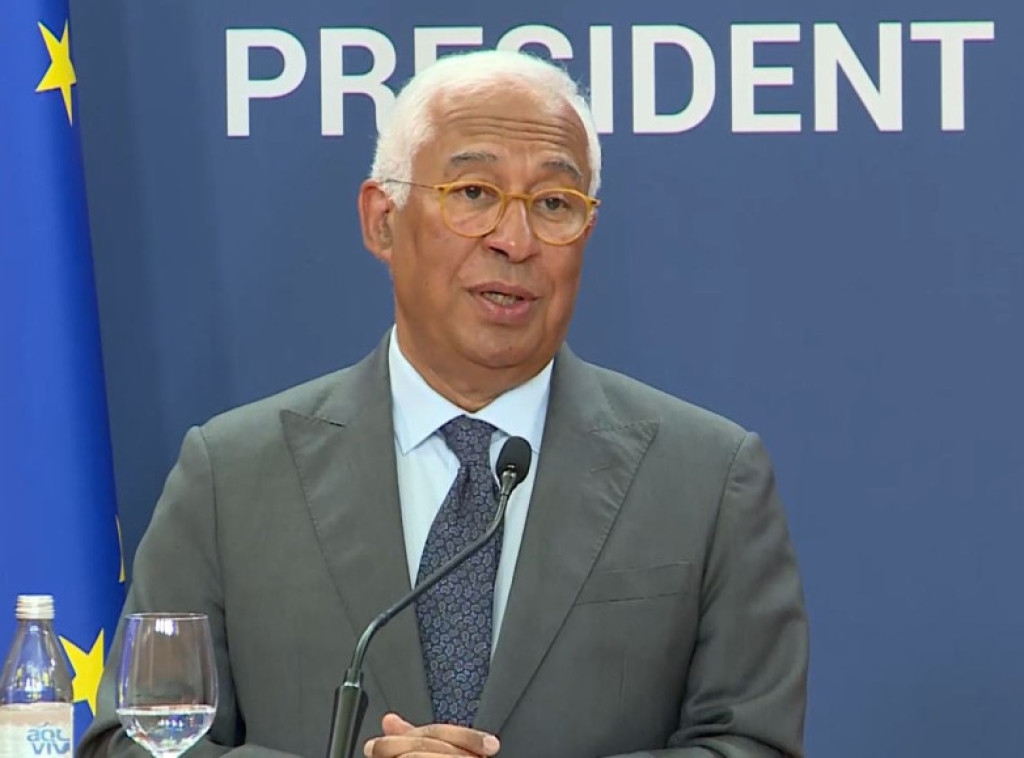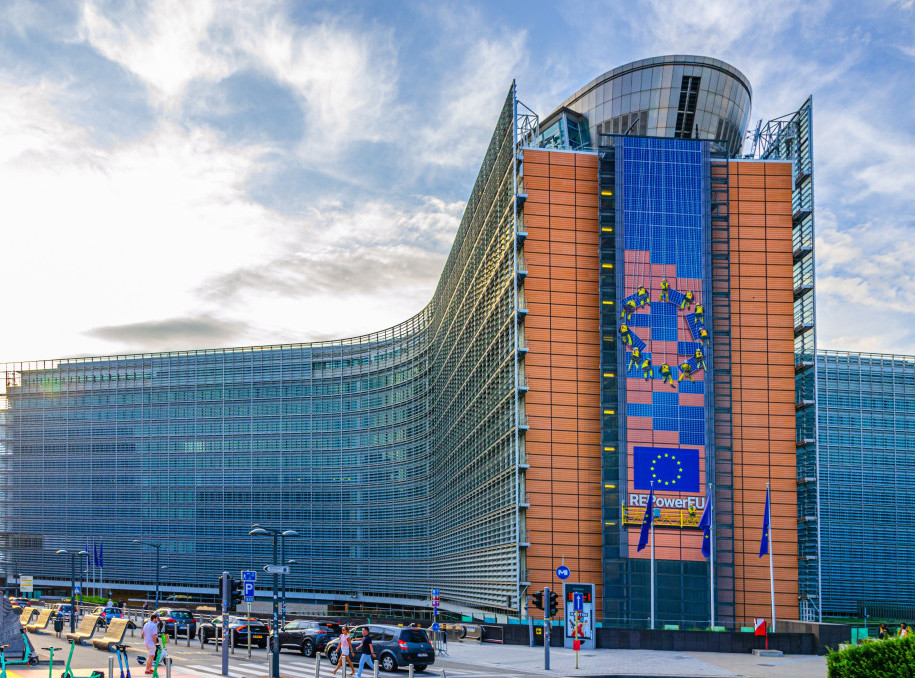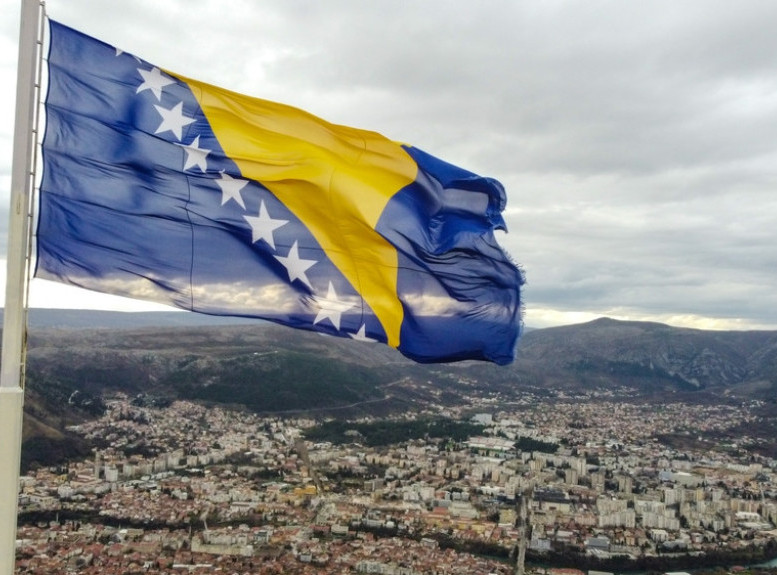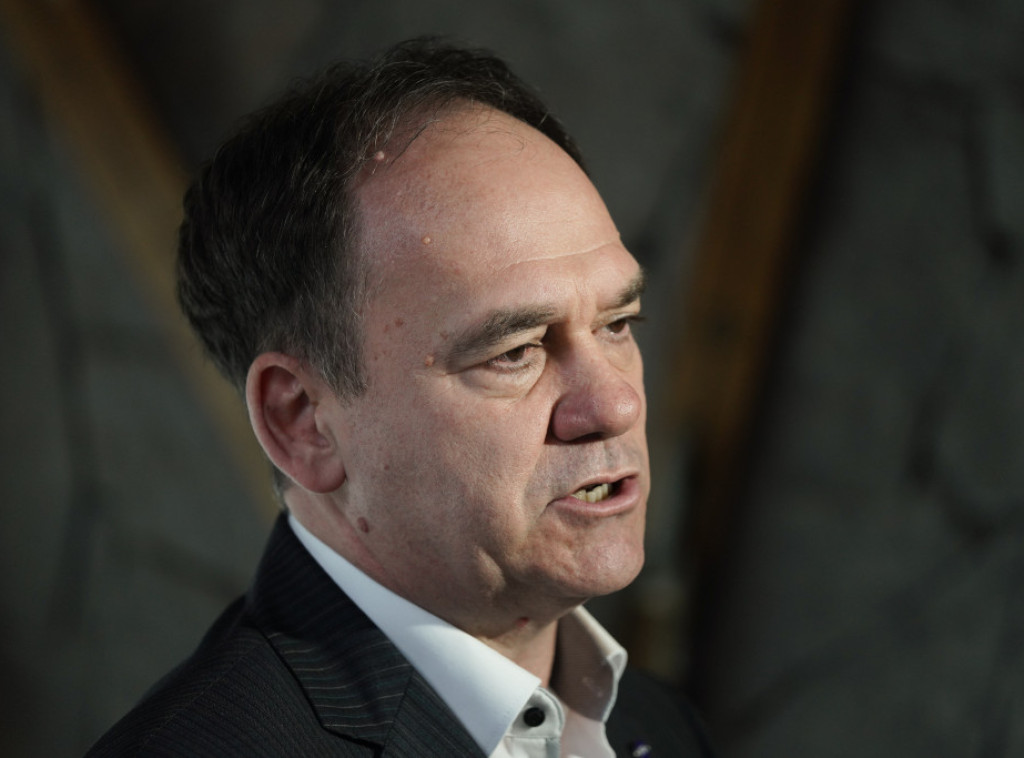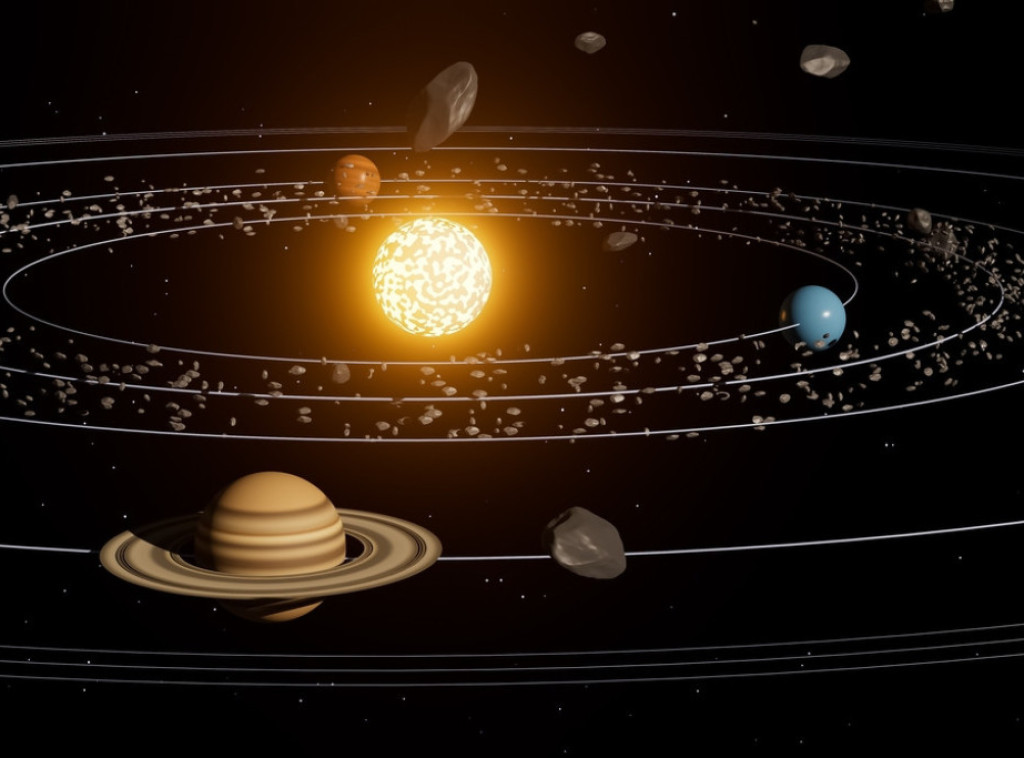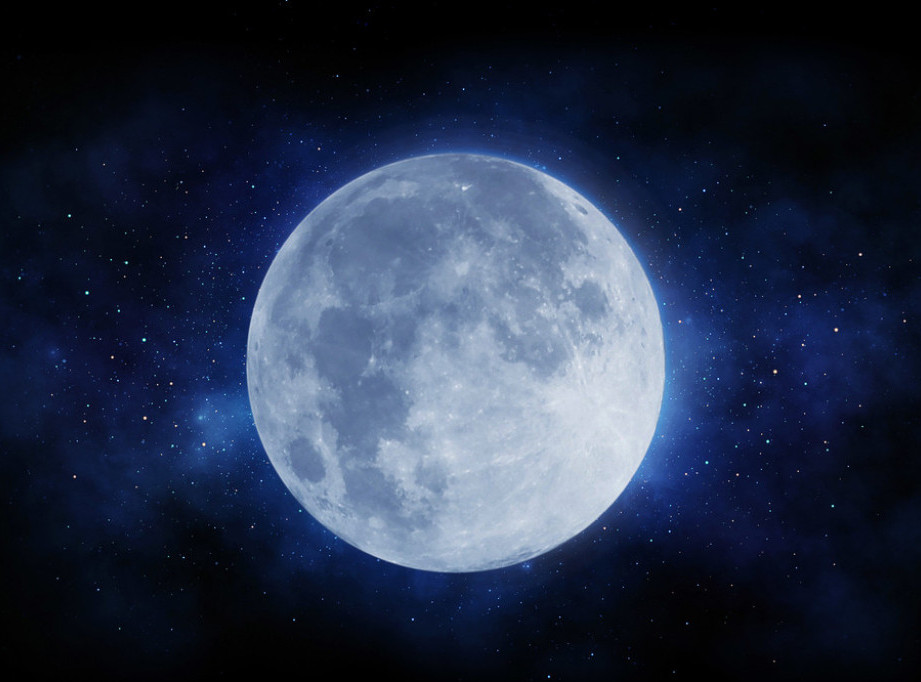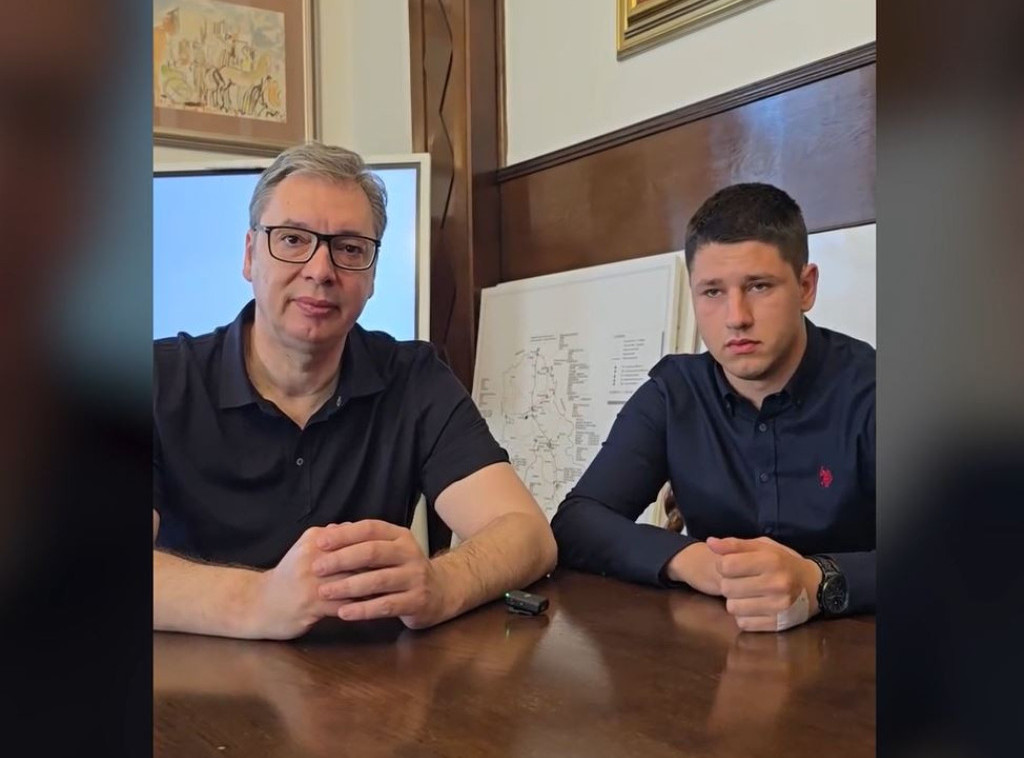The Netherlands has condemned the new sanctions imposed by the United States on four judges of the International Criminal Court (ICC) in The Hague. Dutch Foreign Minister Kaspar Veldkamp stated that independent international courts must be able to carry out their work without interference, and the Netherlands firmly stands with the ICC. The sanctions target judges from Uganda, Peru, Benin, and Slovenia, whom the US accuses of participating in an “unfounded politicized targeting” of America’s close ally Israel. Israeli Prime Minister Netanyahu’s cabinet thanked the US administration for the sanctions, viewing them as a justified step in defending Israel’s rights and combating terrorism. This situation has sparked varied reactions in the international community, with some supporting the independence of the ICC and others backing the US sanctions as protection of allies.
Political Perspectives:
Left: Left-leaning outlets emphasize the importance of the independence of international judicial institutions like the ICC and criticize the US sanctions as politically motivated attempts to undermine international justice. They highlight the need for accountability and the dangers of politicizing international law enforcement.
Center: Centrist sources present a balanced view, reporting both the Netherlands’ condemnation of the US sanctions and Israel’s support for them. They focus on the diplomatic tensions arising from the sanctions and the competing narratives about justice and political alliances.
Right: Right-leaning media tend to support the US sanctions, framing them as a necessary defense of Israel against biased international judicial actions. They emphasize the threat posed by the ICC to US allies and portray the sanctions as a justified response to politicization within international institutions.





